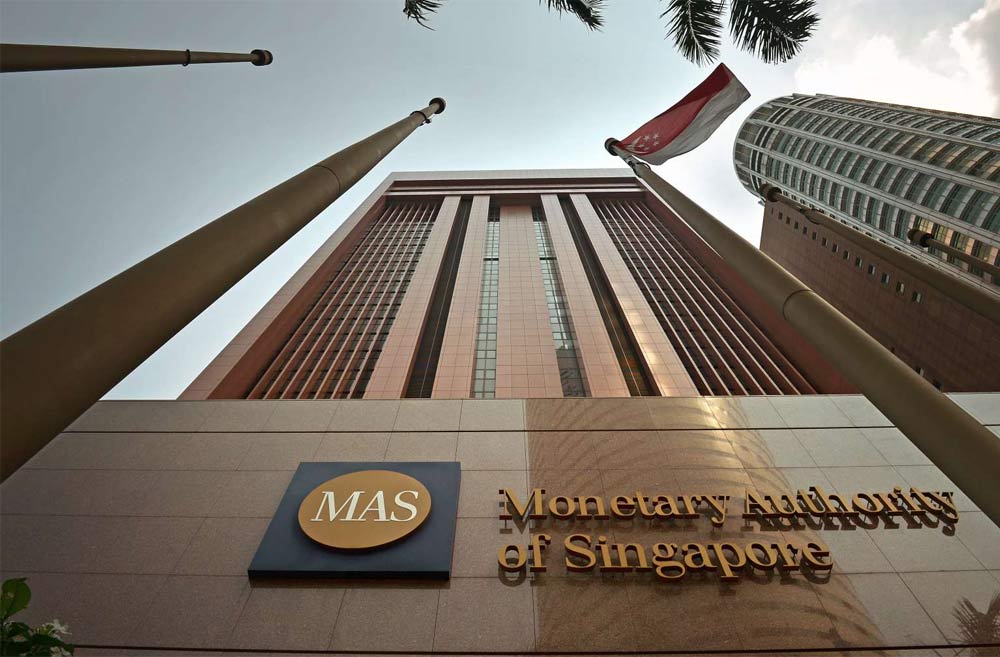Cryptocurrency businesses is booming as more people start using digital coins for transactions and investments.
In Singapore, companies in the business need to register themselves and be licensed to continue serving their consumers in the country, that according to The Monetary Authority of Singapore (MAS), as the Payment Services Act (PSA) comes into force.
Singapore’s PSA 2019 brings the so-called Digital Payment Token (DPT) services - which effectively cover all cryptocurrency businesses and exchanges based in Singapore - under the anti-money laundering (AML) and counter-terrorist-financing (CTF) rules.
The road to creating this act can be traced back to October 2018. At that time, the regulator revealed that it would help cryptocurrency companies get traditional bank accounts.
In November 2018, the Singapore government said it would provide seed funding for companies to develop a blockchain platform to connect all industry stakeholders.
Then it was in January 2019 that the regulation was first passed.

“Services that MAS will now be regulating are domestic money transfers, merchant acquisition, and digital payment token services,” said Ong Ye Kung, the Minister for Education, in a 2019 speech.
“We will be among the first few financial services regulators in the world to introduce a regulatory framework for digital payment token services, or what is commonly understood as cryptocurrency dealing or exchange services,” they added.
As of January 28, 2020, companies in the cryptocurrency business have a month to register with MAS, stating that they are based in Singapore and are operating a DPT business. Once they are registered, there’s a six-month grandfathering period during which they have to apply for a payment institution license.
“The Payment Services Act provides a forward-looking and flexible regulatory framework for the payments industry,” MAS Assistant Managing Director Loo Siew Yee said in a statement. “The activity-based and risk-focused regulatory structure allows rules to be applied proportionately and to be robust to changing business models. The PS Act will facilitate growth and innovation while mitigating risk and fostering confidence in our payments landscape.”
The rule should help strengthen Singaporean consumers' protection, because it gives regulatory clarity on emerging and innovative types of payments activities such as e-wallets and cryptocurrency exchanges, the MAS said.
“The activity-based and risk-focused regulatory structure allows rules to be applied proportionately and to be robust to changing business models,” said Loo Siew Yee.
Twenty of the top 50 cryptocurrency exchanges are based in the Asia-Pacific region and accounted for about 40% of Bitcoin transactions in the first half of 2019, according to Chainalysis data. And here. Singapore is known for its expanding fintech ecosystem with blockchain technology playing a significant part.
Earlier this 2020, a report said that blockchain development was the fastest-growing skill in Singapore.